The Basics of Writing Productivity
There’s no shortage of writing productivity advice out there, and this post is mostly a roundup of ideas so that you don’t have to go looking. How you’re going to go about getting your writing done is a process you’re going to have to customize for yourself. You’ll get better at putting systems in place the better you know how you work best. Knowing thyself is key.
I’ve got some tough love to share with you too. You achieving your writing goals (any goals, really) is going to happen in direct relation to your willingness to be uncomfortable. Being a person who can exist in discomfort (because the discipline required to complete writing projects is often uncomfortable) is a requirement of the job. If you know you’ve got some mindset work to do, this post might be helpful.
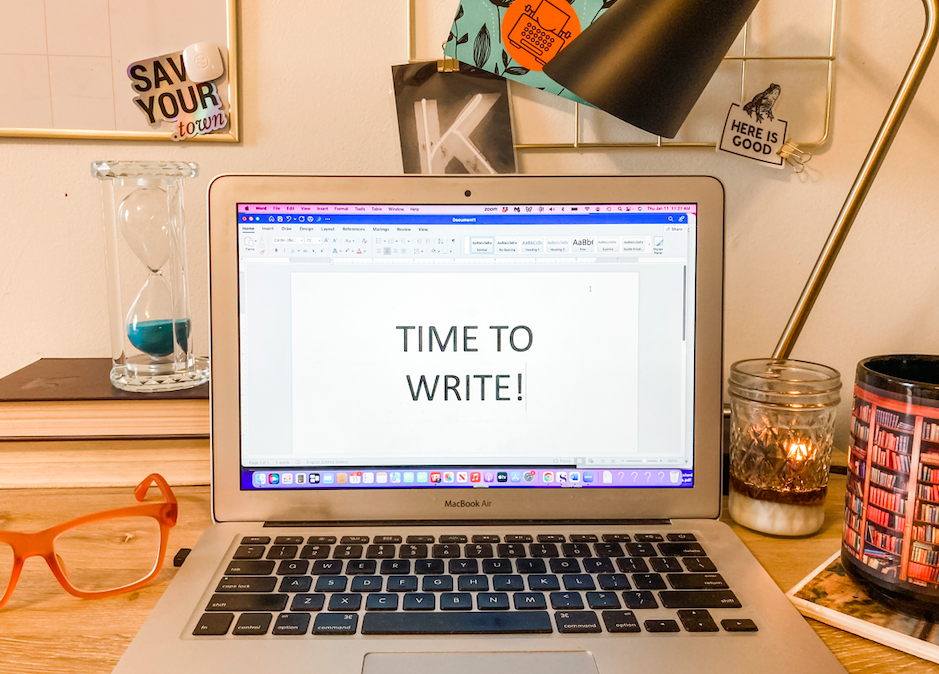
That being said, here are some of my favorite writing productivity strategies—
Set a Daily Goal
You can even start with 100 words a day. You can write an entire book that way. And some of those days will turn into 1,000-word days. Occasionally you might want to set a time goal when you’re working on research, plotting, character development, etc. I recommend you make some sort of chart to track your progress. Author Matt Bell keeps a spreadsheet to track his daily word count and how much time he spends writing. One thing I like about his system is that he makes himself add the zero on days when he writes zero words. He says he hates adding those zeros.
Decide When to Write
Put your writing time on the calendar. Optimally, it will be during the time you work best (early morning, late at night). But it might have to be when your schedule allows (lunch breaks, an hour after dinner when you have help with the kids, etc.) Every Sunday I look at the upcoming week and get my commitments (including writing time) on the calendar.
Set a Specific Intention for Your Work
If you sit down with only a vague idea that you’re going to “write”, there’s a good chance you won’t get much done. Much better to approach the page/screen with the intention to finish a scene, to get two full pages written, to revise the dialogue in chapter three, etc.
Download My Free Writing Tracker
Create a Physical Space
Some people seem to be able to plop down on the couch in the middle of family commotion and get work done. That’s not most of us. Carve out some dedicated space where you know you can get work done distraction-free. If you’ve got a corner of a spare bedroom to set up a little desk, seize upon your access to such luxury. Maybe your dining room table is a good spot in the mornings before others are up and around. Take off for a coffee shop if you can (bring noise-canceling headphones if possible).
Incorporate Accountability
One of the big benefits my workshop participants get from being in my class is a deadline. They have to turn out work on a schedule. Another great writing productivity strategy is to put together a small writers’ group or workshop of your own. You can also pay an editor or writing coach to give you a deadline and feedback.
Use a Time-Management Technique
I’ve got a couple of strategies to recommend to you here. The Pomodoro technique has you work in intervals of 25 minutes with a short break between intervals. I sometimes work this way using a beautiful hourglass my husband gave me, but you can also use a kitchen timer or use the timer on your phone. I’ve also used the Freedom App. It basically locks down the internet, or selected sites, on your computer for a set length of time (you decide) so that you avoid the temptation to check your socials, etc. The lock can be disabled at any time, but it’s kind of a pain to do it, so you’re incentivized to keep writing.
Say “No” to Other Things
If you spend most of your free time scrolling on your phone or watching TV, you are probably not going to finish writing a book. Or finish many short stories, or poems, or essays. The most prolific writers have the same number of hours in the day that you do. We get to choose how we spend them. Do a little time tracking and investigate how you’re spending your time. What percentage goes to family, hobbies, friends, job, nothing, etc. Can you pull some time away from any of those to give to your writing? I want to emphasize that the “nothing” category might be taking up more of your time than you think. Get on that opportunity.
Feel free to share your own writing productivity ideas in the comments!
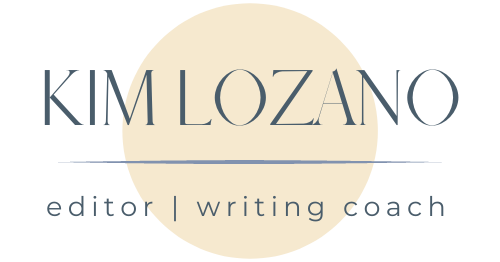


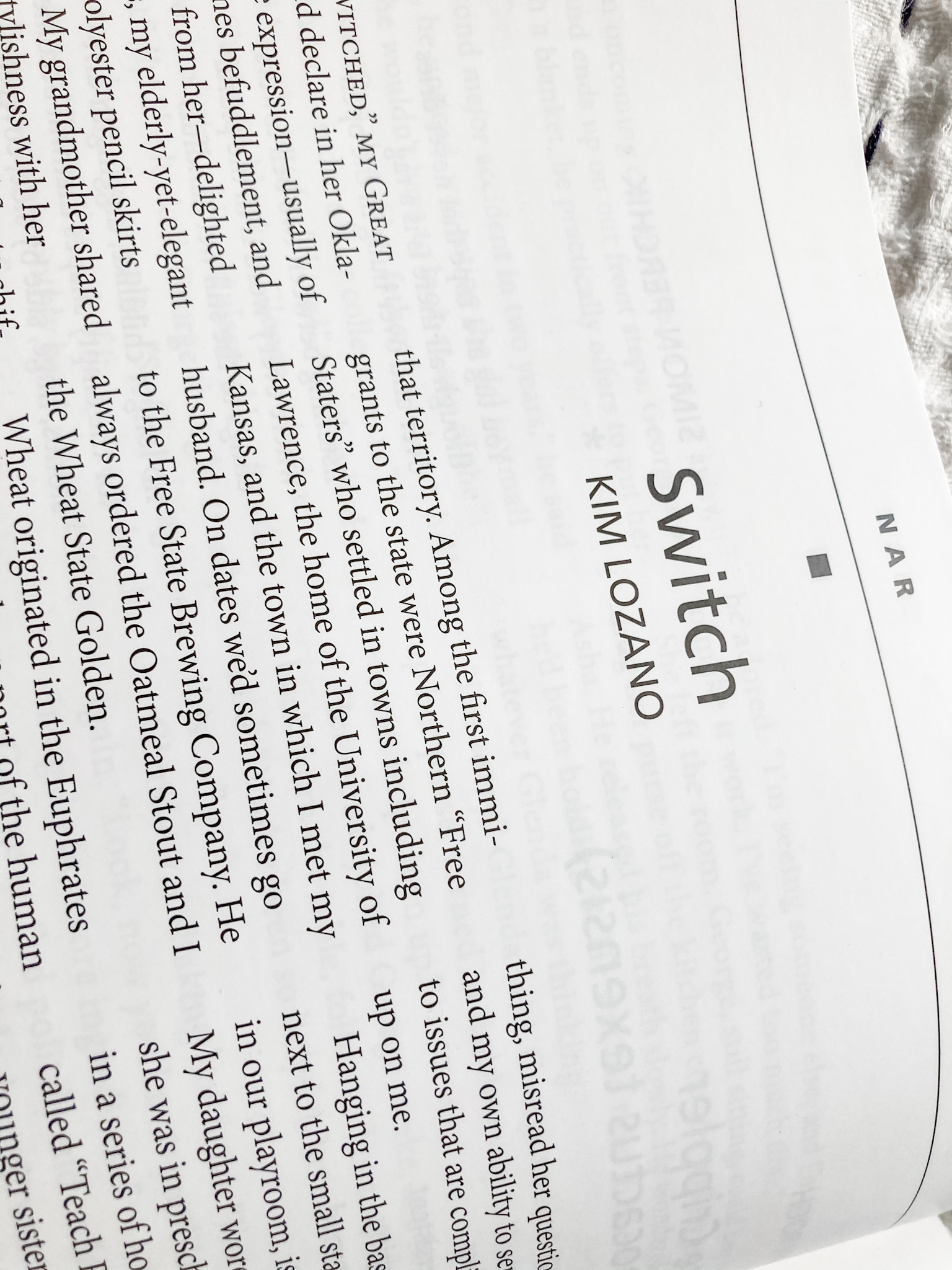
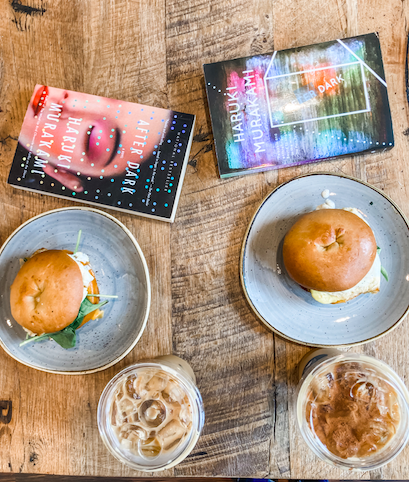
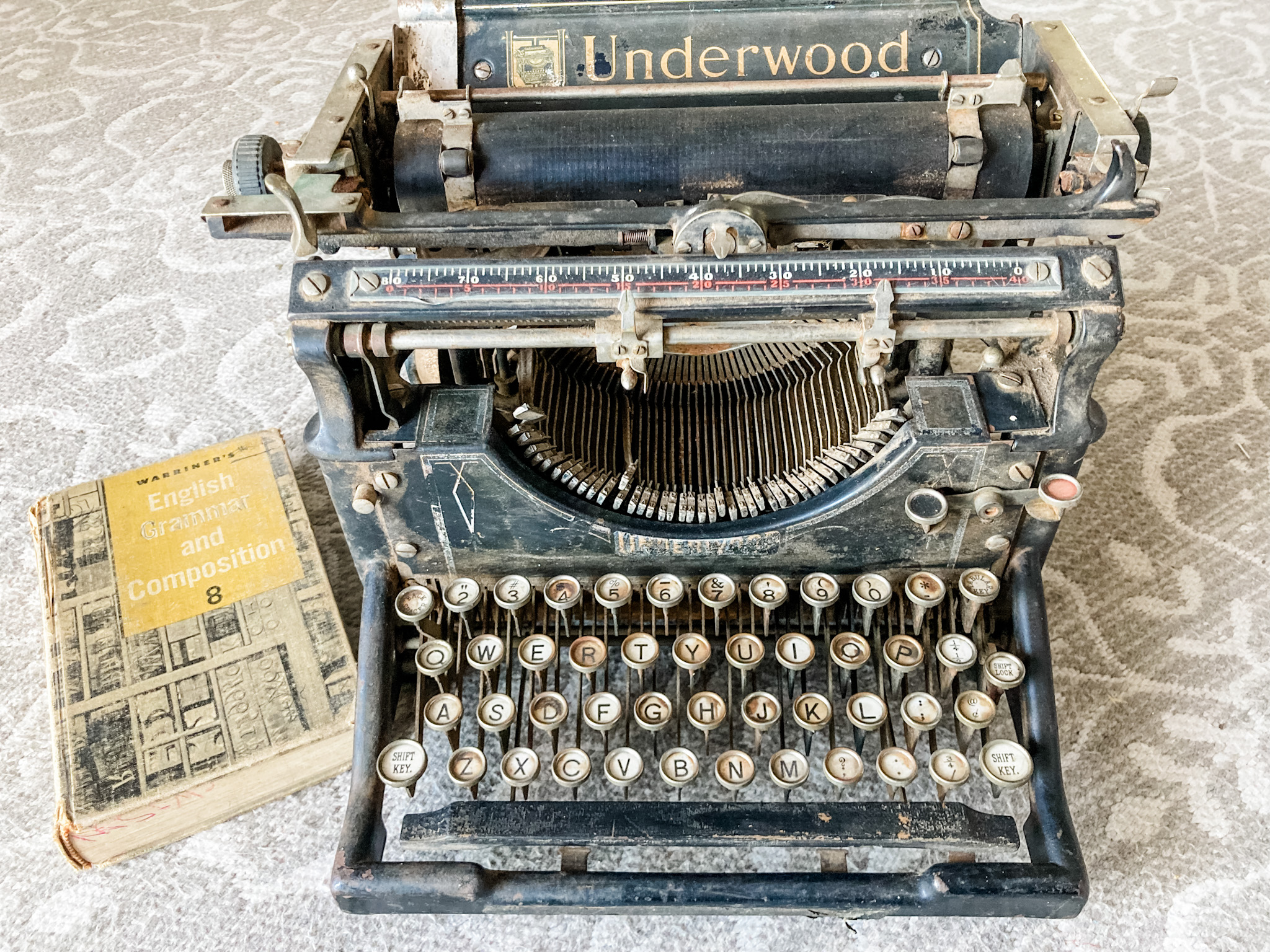

I tend to write poems when something ( a thought, idea, remembering , wish ) comes to mind and tells me I want to write a poem about it. Poems come to me all at once. I grab the nearest piece of paper and scribble them down before I lose the inspiration. Often I wait a day before I type the poem. It has to sit a day between edits. Last week when I came home from yoga class I sat down and wrote a poem about it . I’m not at all sure this is the best way to go about writing poetry but I cannot just think of a poem for no reason .
Sounds like you’re not prone to sitting around and waiting for inspiration to strike (a method I don’t advise) because inspiration strikes frequently for you! A pretty wonderful thing. That “letting it sit” between revisions is so important. Sending you good writing wishes!